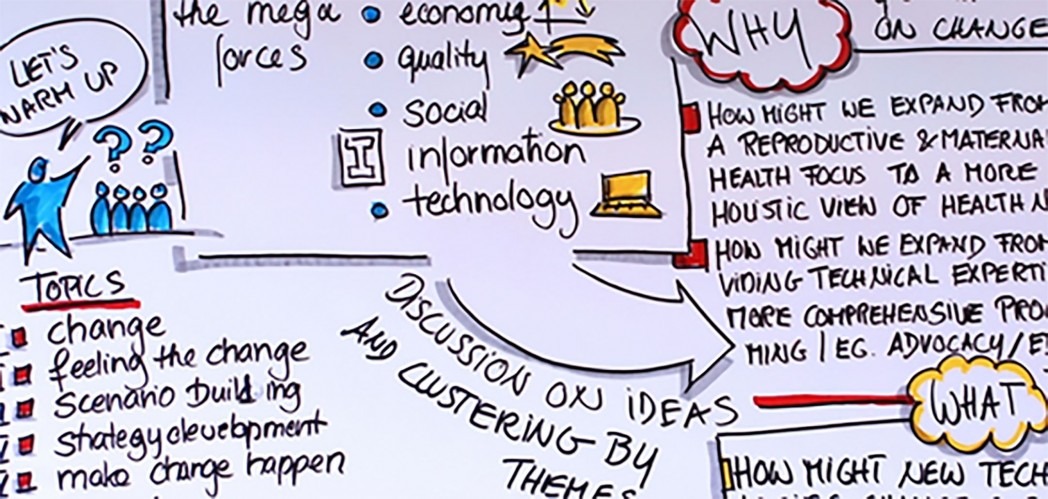Cathy pauses by the window of her fifth-floor office to look at the rain clouds gathering and the traffic beginning to build. It is four o’clock in the afternoon and her boss has just walked in to ask for a ‘short’ team meeting. She is anxious; an important customer has just called to query some figures in his bank statement and wants it addressed by the end of the day.
A mother of two, Cathy has recently enrolled for an executive MBA programme at a local university. Her classes start at 5:30 p.m. and she knows only too well that she has to leave the office by 4:45 to beat the traffic. A few months earlier, during her performance review, her boss told her that she needed to improve her qualifications to advance further into management. But a colleague of hers, who got a promotion after completing an MBA, recently had a bad review. She wonders if taking the executive programme will be worth all the effort.
Will Cathy’s investment in executive education improve her career prospects? Will it lead to rease? And will her newly acquired skills improve her day-to-day job performance? In 2016, FSD Africa commissioned research to assess the impact of executive education in financial services firms and to help answer these questions.
On the subject of pay, it found that many employees with ExEd qualifications do not feel their salary is commensurate with their education, especially as many have had to pay fees to advance their studies. ExEd graduates do report, though, that they are more mobile in terms of career prospects than their peers. Importantly, managers respect the work of employees with ExEd qualifications, reporting that they perform well and are innovative – particularly in terms of applying the skills they acquired to problem solving.
Qualitative data from the report indicates that ExEd employees in financial services firms improve the image of their organisation and play a key role in shaping customer perceptions of it. What’s more, both employee and manager groups reported that ExEd is particularly effective in improving customer service skills – and therefore increasing customer satisfaction.
The research recommendss in the delivery, scope and content of executive education, in order to address the needs of the financial sector. The most important of these is that ExEd should be more practical in nature, instead of focusing so heavily on theory. In addition, longitudinal research is necessary to measure the impact of executive education programmes on students and organisations. And lastly, improvement is needed in performance measurement within financial services firms, in order to better demonstrate the link between ExEd and performance, pay and mobility.
Click here to download the full report: ‘The Impact of Executive Education in sub-Saharan Africa’.
Written by Dr. Moses Ochieng, Consultant-Professional Skills Development, FSD Africa<




